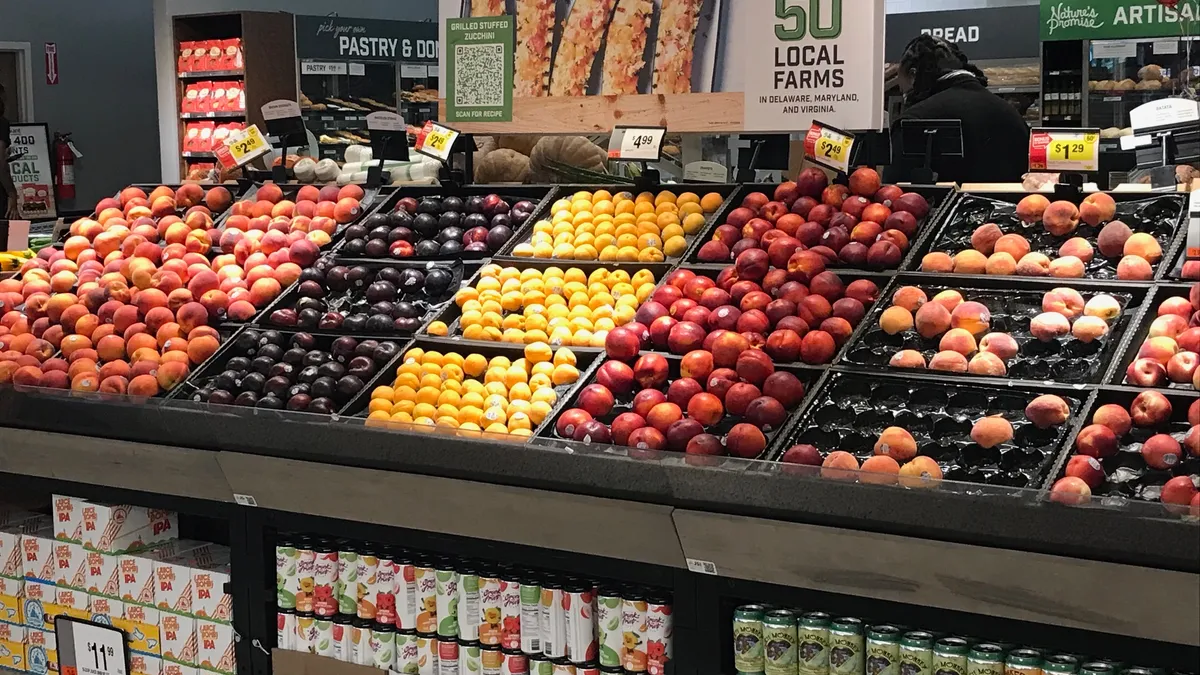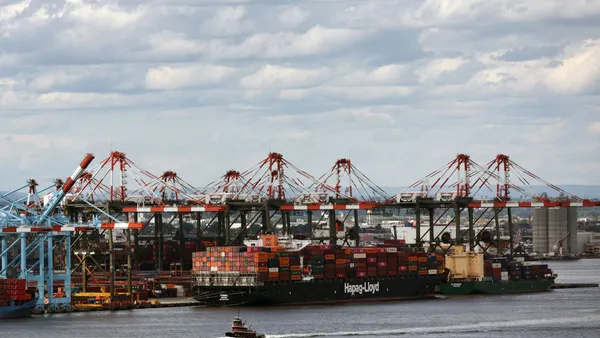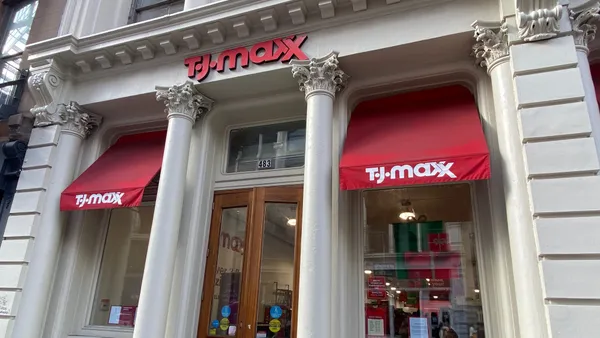Dive Brief:
- Inconsistent deliveries and shortages of fertilizers and pesticides are affecting the supply of fresh fruits and vegetables and threatening the next growing cycle, according to a joint statement this month from produce associations across North America.
- Given the perishable nature of produce, shipping delays and a lack of refrigerated containers have led to "major losses of products and sales," the statement said. Additionally, rising prices and a lack of availability of fertilizers and pesticides — which can only be applied during certain times of the crop cycle — could impact future yields.
- The effects could be long-lasting, according to the statement signed by the United Fresh Produce Association, among other groups. "These include: bankruptcies, legal disputes, industry consolidation, inflation, inaccessible food supplies, and many more. Time is against us, and the necessity of addressing these challenges now cannot be understated."
Dive Insight:
Fresh fruit and vegetable producers are confronting higher input and transportation costs, in addition to other barriers that are slowing domestic deliveries and the export of goods abroad.
The cost of shipping containers has more than tripled in the past year, and it's becoming harder to find refrigerated boxes that can transport perishable goods. Tight capacity and labor constraints in the trucking industry have also raised costs and led to inconsistent deliveries, which in some cases have resulted in spoiled produce and shortages in some areas, according to John Hollay, senior director of government relations for United Fresh.
"There are certainly instances of food that can't be delivered because the labor force isn't there either on the driver side, throughout the supply chain, or even on the retail side and in hotels and restaurants," Hollay said.
Delayed shipments can also mean that a backlog of orders can arrive at once, which requires additional distribution and labor to regrade and repackage salvageable product, the joint statement said. Fruit and vegetable producers have pushed carriers to prioritize fresh produce shipments over non-perishable shipments, though Hollay noted that's becoming more difficult and costly as they compete with other shippers for space ahead of the busy holiday season.
While disruptions haven't led to widespread shortages, farmers are worried about future supply as input costs rise and it becomes harder to find fertilizer and crop protection products including fungicides and bactericides.
Fertilizer costs soared 35% year-to-date while pesticide products rose 25%, Southern Valley Fruit and Vegetable Executive Officer Jon Schwalls said during testimony in a Nov. 3 congressional hearing on food supply chain issues.
Farmers left waiting for these key materials could face crop failures, Schwalls said. "It’s going to continue to get worse, it appears ... The less protection products we have, the less yields we’re gonna have."
This story was first published in our Procurement Weekly newsletter. Sign up here.















